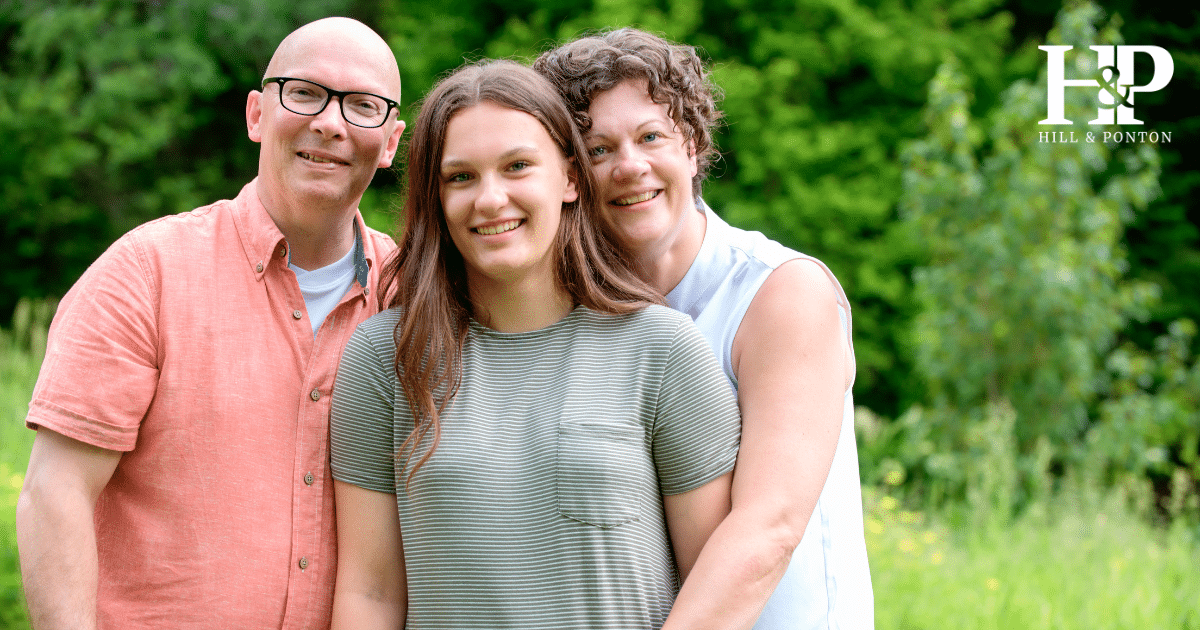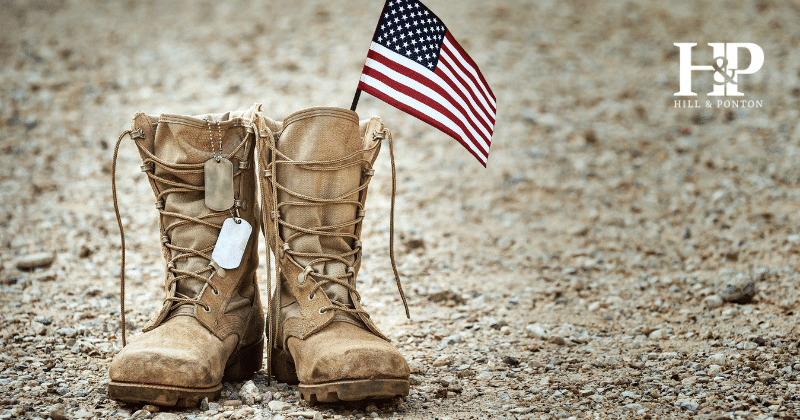Today, we will cover the topic of substitution in relation to survivor’s benefits. Survivors of veterans who died on or after October 10, 2008 are eligible to step into the shoes of the deceased veteran by using the substitution process. This means that the survivor will continue the deceased veteran’s claim without having to start the complex claims process over, and without having to file a new claim for accrued benefits. Substitution applies to periodic monetary benefits like compensation, pension, and DIC benefits.
Substitution is similar to accrued benefits, in the sense that the survivor is entitled to the benefits that the deceased veteran was owed. However, there are some advantages to using substitution instead of an accrued benefits claim. First, substitution allows the survivor to submit new evidence to prove entitlement to the benefit that the deceased veteran sought. This is because the survivor, if substituted, is placed in the same procedural position as the deceased veteran had been in. For example, if a request for substitution is granted, then the VA owes the survivor the same duty to assist as they owed the veteran while he was alive and pursuing his claim. So, the VA would have obtain any additional evidence and provide the survivor notice of information needed to support the disability claim just as they would be required to do if the veteran was still alive. Overall, substitution can allow for an earlier decision and save the survivor time and energy.
Substitution is not available in every situation involving the death of a veteran claimant. So, in what circumstances does the VA allow substitution? Substitution is appropriate in the following situations:
- A Notice of Disagreement (NOD) had been filed prior to the veteran’s death, but the appeal was not resolved during the veteran’s lifetime. A qualified survivor may request to be substituted for the deceased veteran in order to see the appeal through to completion.
- An NOD was filed, and the VA issued a Statement of the Case (SOC), but the veteran died before appealing the SOC with a VA Form 9. In this situation, a substituted claimant can file the VA Form 9 and continue the deceased veteran’s appeal to the Board of Veteran’s Affairs (BVA). However, the substituted claimant must file the VA Form 9 timely (within 30 days of the date of the SOC), in order to successfully appeal.
- An NOD was filed, the VA issued a SOC, and the veteran claimant filed a timely VA Form 9 appealing the SOC, but the BVA doesn’t issue their decision before the veteran’s death. In this case, the BVA will dismiss the appeal and send the file back to the Regional Office (RO) that had original jurisdiction over the case. This is done in order for the VA to determine whether or not the survivor is eligible for substitution. Think of this situation as though the BVA put the deceased veteran’s appeal on pause, and once a determination is made on the issue of substitution, the appeal comes back into play. If the survivor is determined to be eligible for substitution, they will be assigned the same docket number that was assigned to the veteran claimant originally.
In all of the above situations an NOD had been filed before the veteran’s death. VA regulations say that substitution is available when the deceased veteran’s claim is still pending. A claim is pending when there is no final decision on that claim. A decision is not final until one year after the rating decision was issued. It is very important to file an NOD within the year of the date the rating decision was issued.
To apply for substitution, a survivor may submit their request by filing any of the following forms:
- VA Form 21-601 Application for Accrued Amounts Due a Deceased Beneficiary
- VA Form 21-534 Application for DIC, Death Pension & Accrued Benefits by Spouse or Child
- VA Form 21-0847 Request for Substitution of Claimant Upon Death of Claimant
The request for substitution must be made within one year of the veteran’s death. Just like the other survivor’s benefits, anyone trying to be substituted for the deceased veteran must present evidence that they have a right to claim substitution. In other words, the survivor has to prove that they are a qualifying survivor.



